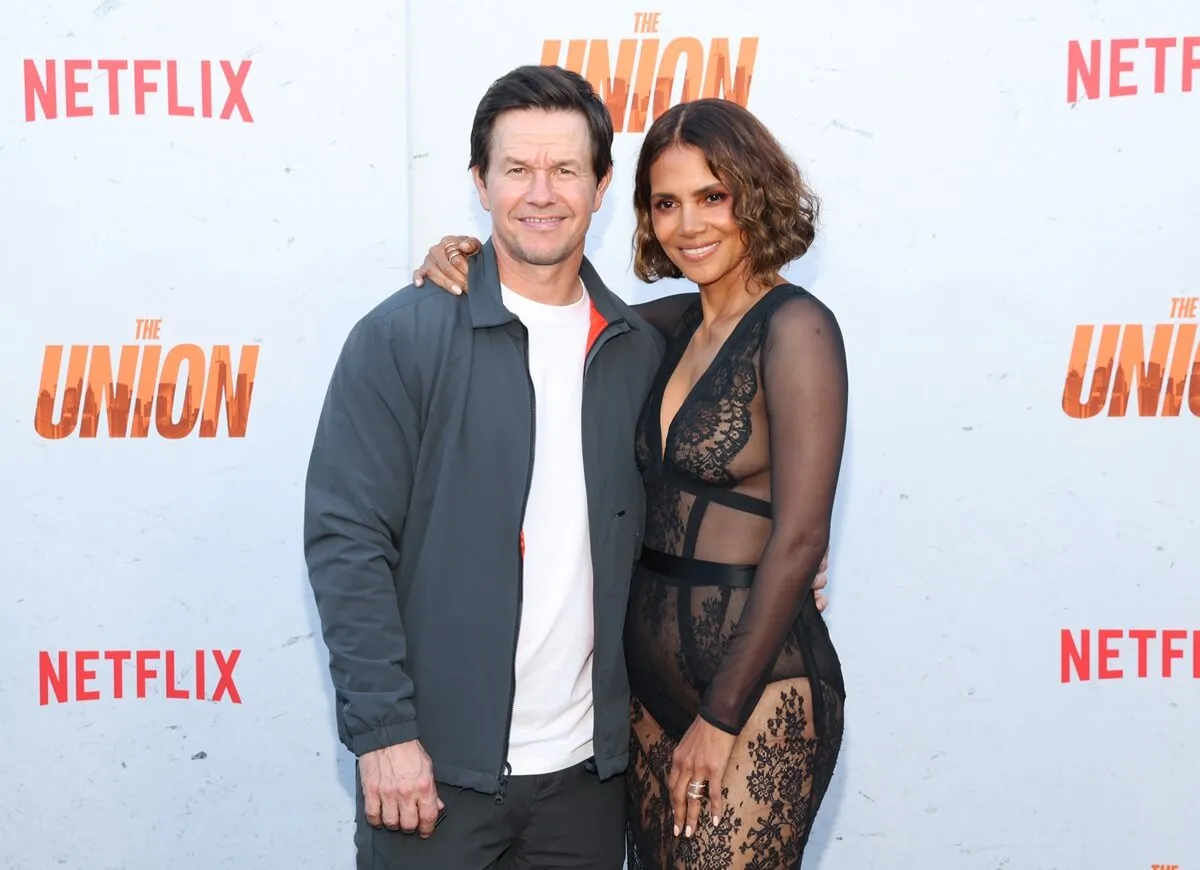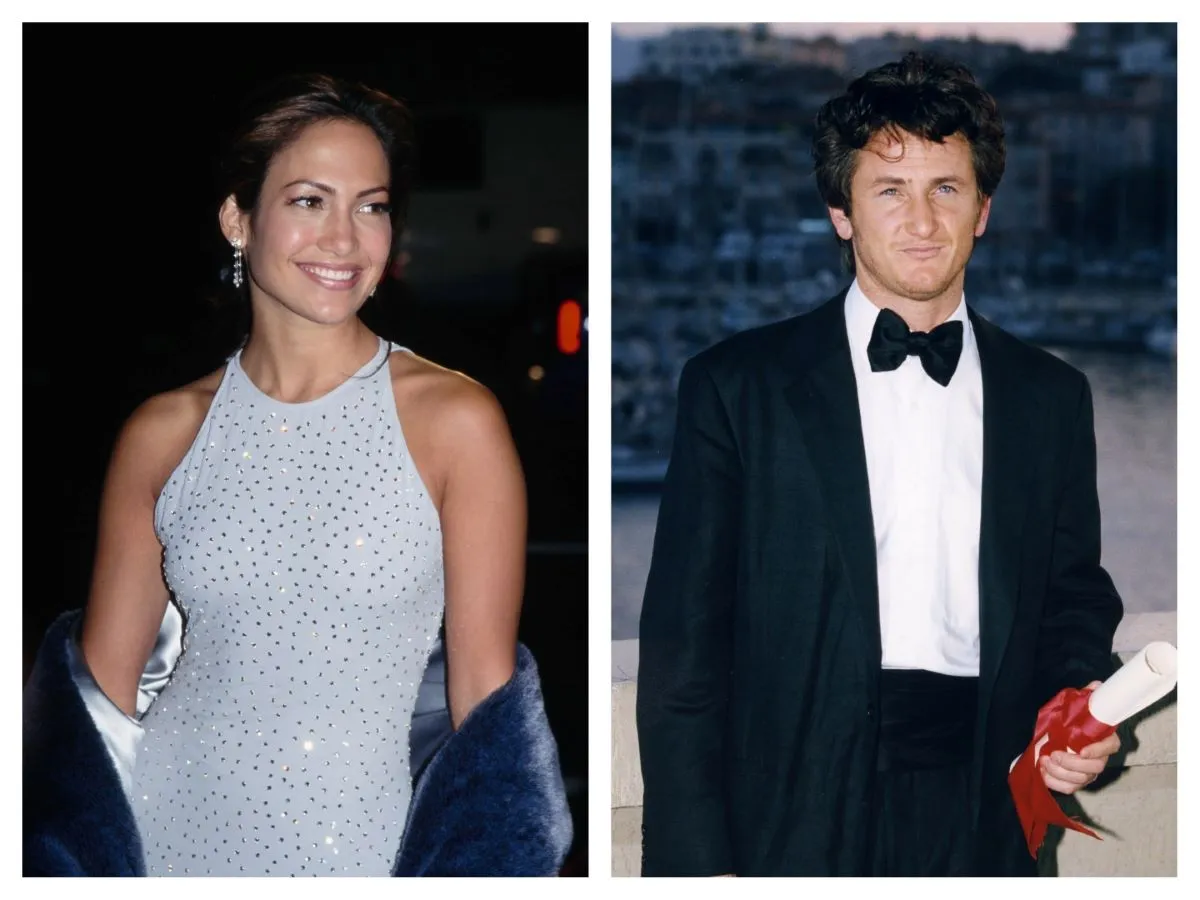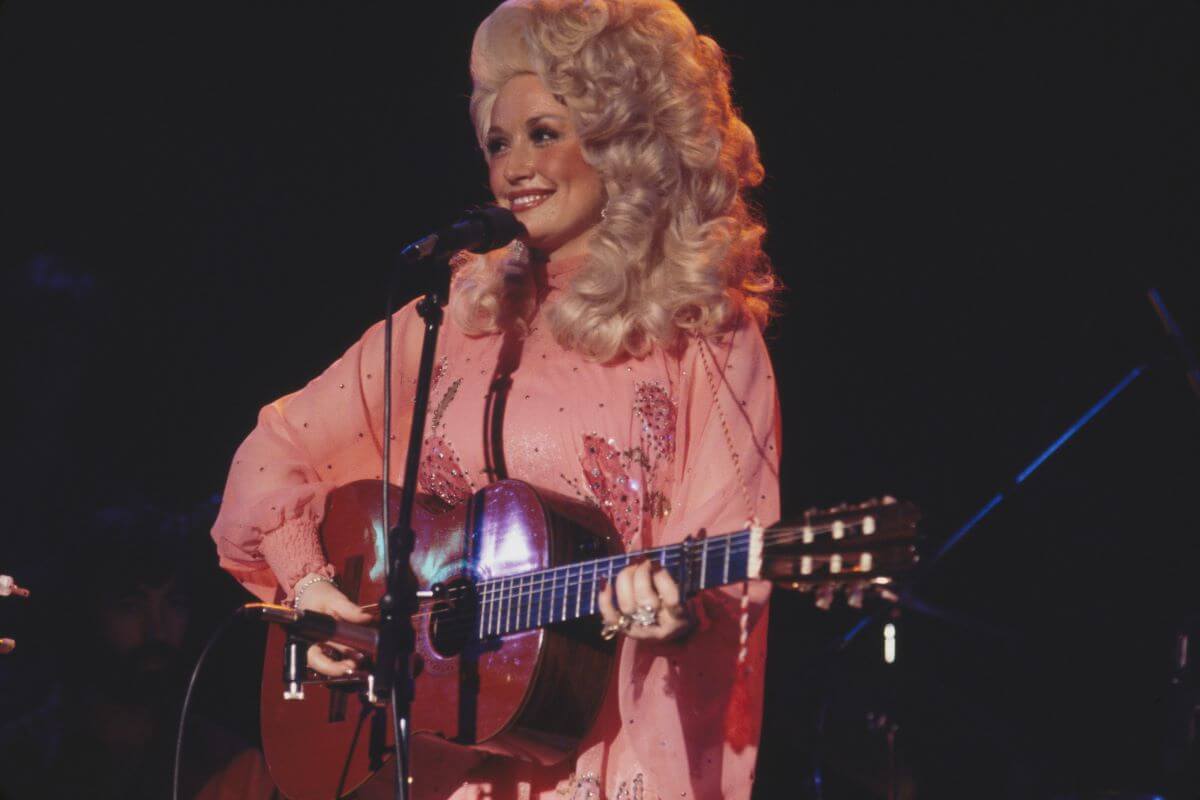
Dolly Parton Said 1 Musician Made Her ‘Furious’ With His Comments About Country Music
In the late 1970s, Dolly Parton irritated the country establishment in Nashville when she began seeking more mainstream success. Parton aimed for a spot on the pop charts, which some believed meant she was turning her back on true country music. Parton defended her decision, noting that she would always consider herself a country musician. She defended the genre against anyone who spoke ill of it.
Dolly Parton had a major problem with the way another artist talked about country music
When Parton began to seek crossover success, she hired a new management team from Los Angeles. This move, as well as the type of music she began releasing, rubbed some the wrong way. Parton said she would always consider herself a country musician, though.
“I will always be here, and I will always be able to help country music in many, many ways,” Parton said in the book Dolly by Alanna Nash. “Well, by becoming as big as I can in the music business and the entertainment field, and then by doing things like I did on the Johnny Carson show, when I know that at times there have been people on there that have really downgraded country music, or people who said they were not country.”
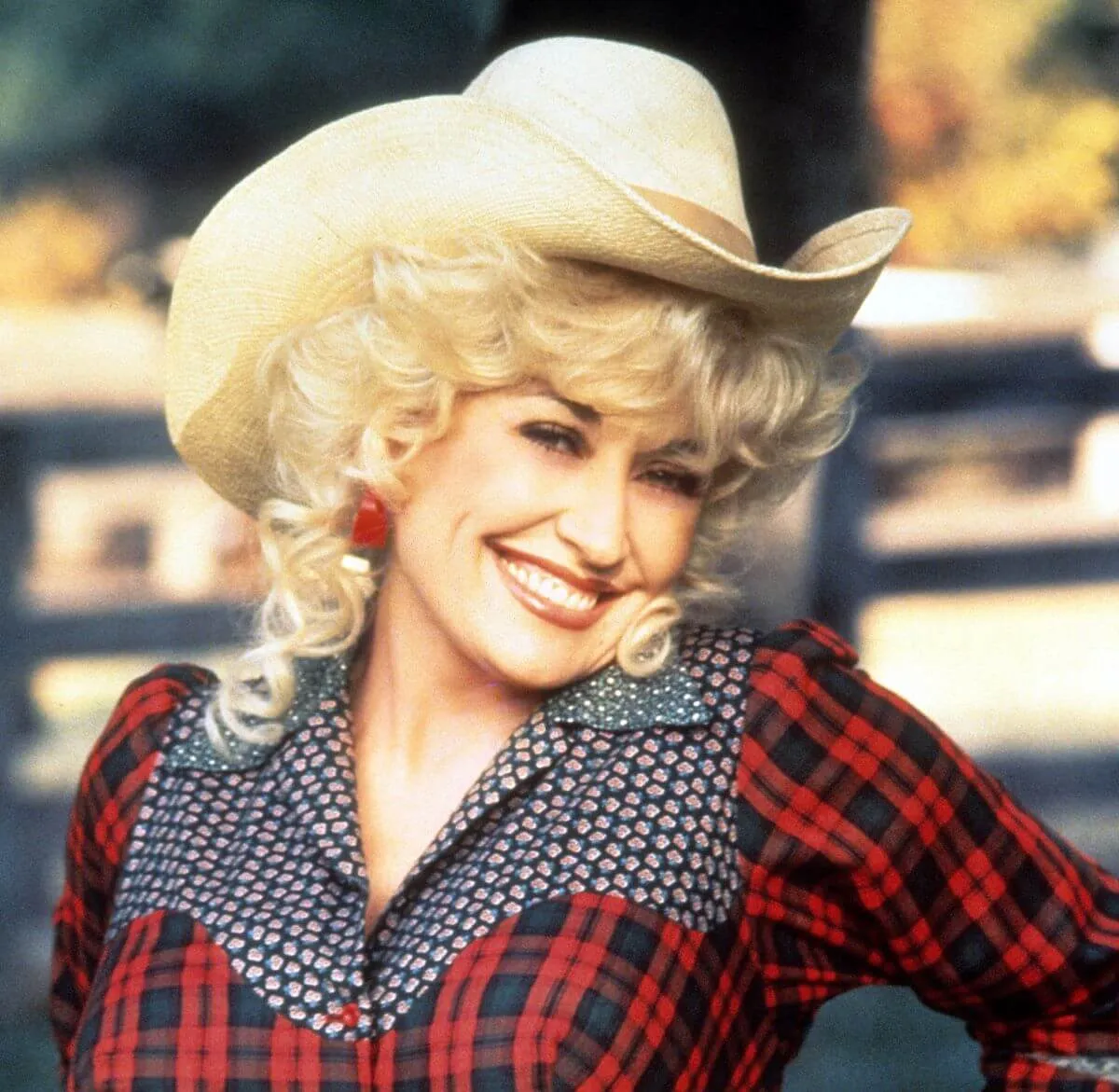
Parton pointed to drummer Buddy Rich as an example of someone who denigrated country music. She said his remarks infuriated her.
“Like Buddy Rich comes on there sometimes, and he says country music is music with no class and all that, which makes me furious!” she said. “You talk about country music in a bad way and that’s like sayin’ my momma is a whore! Them’s just fightin’ words! So I think I’ll help it by sayin’ things like, ‘I love country,’ and that I’m proud to be part of it, and I’m proud of Nashville, and that I think country music is a music with a lot of class.”
Dolly Parton said she would always consider herself a country musician
Parton said that no matter what level of success she reached, she always wanted to be a figure in the world of country music. It was like home to her.
“I want to be able to walk out on the stage of the Grand Ole Opry and have people say, ‘Well, you know, I saw her on so-and-so, and boy, she’s still on the Grand Ole Opry.’ Well, I am proud to be on the Grand Ole Opry,” she said. “I love it. I would like to take it with me everywhere I go. And I do. I would never walk out on the Grand Ole Opry or on Nashville. I hope they’ll always let me be a member, because that is something I wanted to do all my life.”
While she didn’t want to put labels on her music, she said that if she had to, she would describe it as country.
“Because I am country, don’tcha see?” she said. “Now, a lot of people would be furious with that. I’d call it country because it’s me. But I really prefer to call it Dolly Parton’s music.”
She understood that changing her sound would bring pushback
Despite Parton’s insistence that she would always be a country artist, she understood any change to her sound might frustrate people. As a result, she began putting out ads to accompany the release of her album New Harvest … First Gathering.
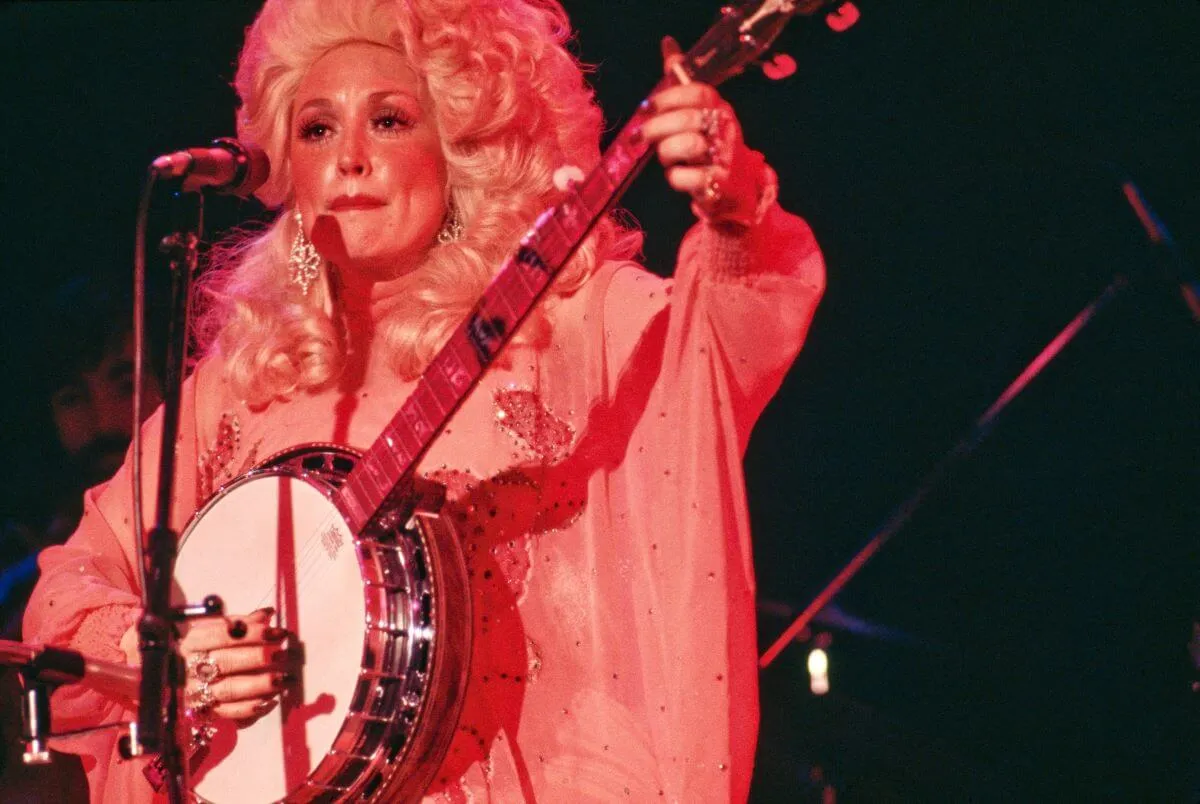
“Any time you make a change, you gotta pay the price,” she wrote in an advertisement. “A lot of country people feel I’m leaving the country, that I’m not proud of Nashville, which is the biggest lie there is. I don’t want to leave the country, but to take the whole country with me wherever I go. There are really no limits now.”
